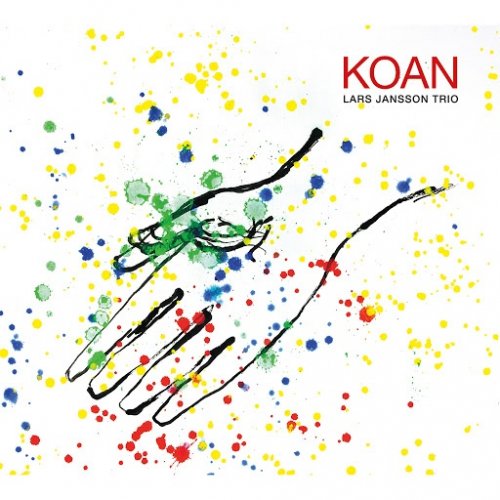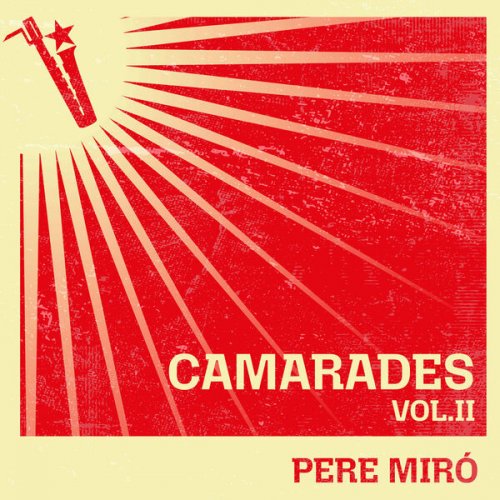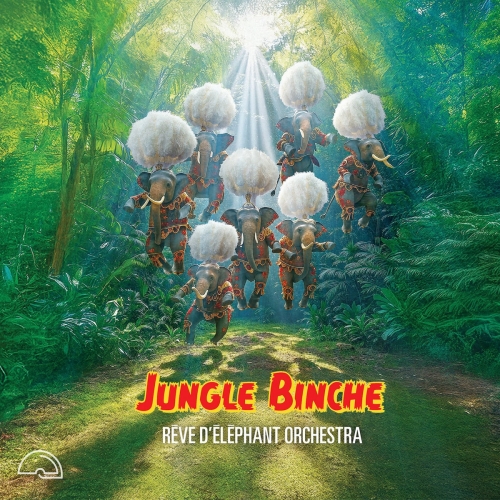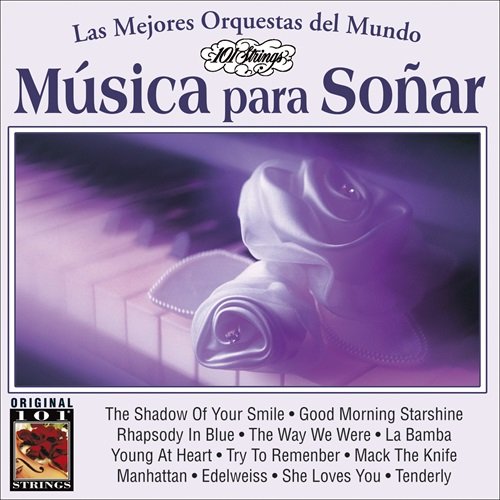Lars Jansson Trio - Koan (2012)

Artist: Lars Jansson Trio
Title: Koan
Year Of Release: 2012
Label: Spice of Life
Genre: Contemporary Jazz, Post-Bop
Quality: FLAC (tracks)
Total Time: 58:17
Total Size: 337.6 MB
WebSite: Album Preview
Tracklist: Title: Koan
Year Of Release: 2012
Label: Spice of Life
Genre: Contemporary Jazz, Post-Bop
Quality: FLAC (tracks)
Total Time: 58:17
Total Size: 337.6 MB
WebSite: Album Preview
01. Shikantaza (4:52)
02. Koan 3 (4:14)
03. El Piloto (4:53)
04. A Gentle Heart (4:59)
05. Iceland (4:47)
06. He Who Sings and Sobs (3:35)
07. Too Good to Me (5:32)
08. Romantic (3:25)
09. Uroboros (5:39)
10. Jamal (5:05)
11. Koan 2 (4:35)
12. The Organist (4:48)
13. Hippocampus (Woodwinds 5) (1:52)
The second Lars Jansson Trio recording of 2012, after the outing with Ensemble MidtVest on Worship Of Self (Prophone, 2012), is a deep and reflective one. Koan not only remembers the victims of the 2011 tsunami, but also pays homage to the people of Japan and their unique culture.
Lars Jansson Trio is something of a permanent fixture on the contemporary Swedish jazz scene. Past members have included bassist Anders Jormin (later replaced by Lars Danielsson and Christian Spering), and drummer Anders Kjellberg. Pianist, composer and bandleader Lars Jansson also played on bassist Arild Andersen's late 1970s quartet recordings for ECM and went on to perform with singer Radka Toneff and various other Scandinavian musicians, including saxophonists Knut Riisnaes and Jan Garbarek before joining Hawk On Flight, Equinox and Red Mitchell.
The current lineup provides a vehicle for Jansson's delicate, melodic playing and thoughtful compositions. All the music on Koan was composed and arranged by Jansson and the songs are dedicated to family, friends, fellow musicians, and also the people of Japan. The album title itself refers to a method of question and answer used by the Japanese Rinzai school as a way of evaluating a Zen Buddhist monk's state of spirituality. Mysticism and tradition are recurring themes in Japanese culture and both are present on many of the thirteen songs on Koan (the number thirteen is not an unlucky number in Japan, in case you were wondering).
The opening track, "Shikantaza," is a wistful outing dedicated to the tricky act of sitting and "just being." The song is anything but sedentary and bounces along with effective solos (largely by Jansson) and explosive drum accompaniment.
Practicing Buddhist and pensive musician Jansson uses jazz as his chosen art form in his search for self-knowledge as he believes jazz is one of the few human activities that successfully combines collective responsibility and individual freedom. On the album, Jansson explores more than his admiration for the Orient and Koan features pieces dedicated to the Nordic countries, such as the warm, harmonic "Iceland," and also his love of the jazz tradition, with "Jamal," which bears more than a passing resemblance to playing style of the great pianist of the same name.
Koan is a rich, multilayered recording and another good example of the quality of Swedish jazz in 2012 as it looks beyond its expansive borders for inspiration yet retains a distinctly clean, warm and daring sound.
Lars Jansson Trio is something of a permanent fixture on the contemporary Swedish jazz scene. Past members have included bassist Anders Jormin (later replaced by Lars Danielsson and Christian Spering), and drummer Anders Kjellberg. Pianist, composer and bandleader Lars Jansson also played on bassist Arild Andersen's late 1970s quartet recordings for ECM and went on to perform with singer Radka Toneff and various other Scandinavian musicians, including saxophonists Knut Riisnaes and Jan Garbarek before joining Hawk On Flight, Equinox and Red Mitchell.
The current lineup provides a vehicle for Jansson's delicate, melodic playing and thoughtful compositions. All the music on Koan was composed and arranged by Jansson and the songs are dedicated to family, friends, fellow musicians, and also the people of Japan. The album title itself refers to a method of question and answer used by the Japanese Rinzai school as a way of evaluating a Zen Buddhist monk's state of spirituality. Mysticism and tradition are recurring themes in Japanese culture and both are present on many of the thirteen songs on Koan (the number thirteen is not an unlucky number in Japan, in case you were wondering).
The opening track, "Shikantaza," is a wistful outing dedicated to the tricky act of sitting and "just being." The song is anything but sedentary and bounces along with effective solos (largely by Jansson) and explosive drum accompaniment.
Practicing Buddhist and pensive musician Jansson uses jazz as his chosen art form in his search for self-knowledge as he believes jazz is one of the few human activities that successfully combines collective responsibility and individual freedom. On the album, Jansson explores more than his admiration for the Orient and Koan features pieces dedicated to the Nordic countries, such as the warm, harmonic "Iceland," and also his love of the jazz tradition, with "Jamal," which bears more than a passing resemblance to playing style of the great pianist of the same name.
Koan is a rich, multilayered recording and another good example of the quality of Swedish jazz in 2012 as it looks beyond its expansive borders for inspiration yet retains a distinctly clean, warm and daring sound.



![Noga - Heroes in The Seaweed (2025) [Hi-Res] Noga - Heroes in The Seaweed (2025) [Hi-Res]](https://www.dibpic.com/uploads/posts/2026-02/1771663366_nhs500.jpg)
![Tom Braxton - Flashback (2026) [Hi-Res] Tom Braxton - Flashback (2026) [Hi-Res]](https://www.dibpic.com/uploads/posts/2026-02/1771426129_1.jpg)
![Ragini Trio - 3 (2026) [Hi-Res] Ragini Trio - 3 (2026) [Hi-Res]](https://img.israbox.com/img/2026-02/19/uoki2dxo3dfz215xa2kz53gcp.jpg)
![Bei Bei - Two Moons (2025) [Hi-Res] Bei Bei - Two Moons (2025) [Hi-Res]](https://img.israbox.com/img/2026-02/19/j5lae93g4obtper3un20ilcnv.jpg)

